Get Support
We have a number of resources which can help support you
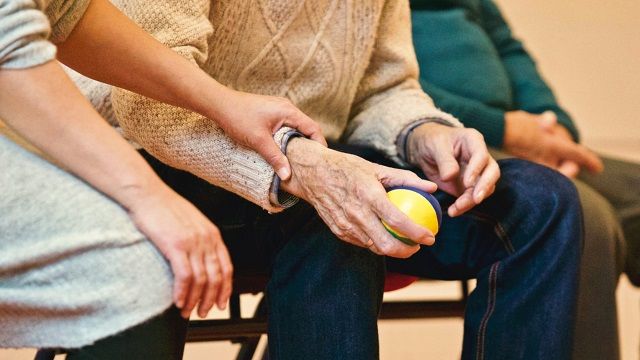
I’m living with dementia / I care for someone living with dementia
We provide a wide range of resources to help you 'Live Better' with dementia
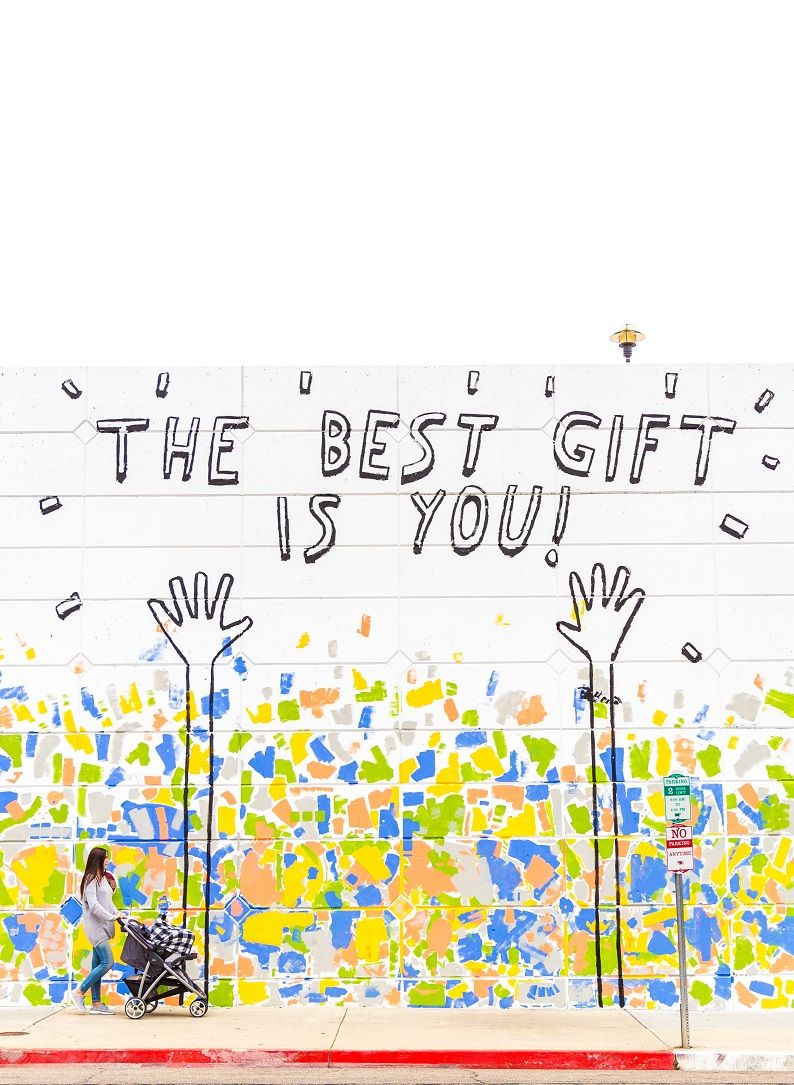
Dementia Buddy
A Dementia Buddy is a volunteer who wants to make a positive difference to the lives of people living with dementia and/or their carers by providing a befriending service. We choose our volunteers carefully to ensure that they are a good communicator who can engage in a kind, compassionate, respectful way.
Our Buddies receive comprehensive training and support to enable them to carry out the role effectively, and are able to engage positively with the people they befriend. We make sure that they have a good understanding of dementia and the way that it can affect people's behaviour. All our volunteers are Enhanced DBS checked to ensure that a safe service is delivered at all times.
Dementia Buddies help the people they befriend to address the issues which are affecting their wellbeing, enabling them to gain more control and have a better quality of life. Dementia Buddies can make a positive difference to the lives of people living with dementia and/or their carers. They provide information, support and motivation to enable people to make the best of their experience of living with dementia. They agree with the person living with dementia and their family the kind of support they want which can be assisting with activities to help with memory and cognition; going for a walk; accompanying them to places where they like to go. The Buddy can also keep the person with dementia company so that their carer can go out alone to an appointment, the hairdressers or shopping for example.
Dementia Buddies also raise awareness in their community and with their friends to increase people’s understanding about dementia and how it affects people.
We have volunteers who we have trained to become Dementia Buddies. If you would like more information or want to refer someone to this service, please contact Ruth Chauhan on 07974 727223 or email ruth@amba-uk.org


Uniquely Me
'Uniquely Me' shares a personal insight to an individual's daily life. It records their daily activities and explores their history, lifestyle, culture, values and beliefs and most importantly how they choose to be cared for and supported. Most importantly it asks the care provider to see past the dementia and see the PERSON living with dementia. It’s a simple, easy to complete, A4 sheet which prompts users to record key information that can ensure that the individual receives the best care most suitable for their needs.A prompt sheet is provided to make completion of the form easier. 'Uniquely Me' can help those looking after the person living with dementia to understand why they behave in a certain way, particularly when communication becomes difficult. Knowing about the person’s past encourages topics of conversation when providing care but also assists with understanding why someone reacts in a particular way in certain situations. The carer of a person living with dementia can have a great influence on their life and care experience


The major benefit of 'Uniquely Me' is that all the information is recorded on a single sheet of A4. Keeping the record short, by using an A4 sheet, takes into account the benefit of having concise information which can be used easily in the shortest time possible, compared to other ‘Life Story’ records e.g. in booklet form. This documented, vital information can be used by care staff to reduce the time taken to complete their formal documentation especially when someone living with dementia is admitted to hospital or a Care Home.
'Uniquely Me' (originally called 'About Me') was developed in July 2006 by Ruth Chauhan in response to a number of concerns raised with PALS (Patient Liaison and Advisory Service) in the hospital where she was working as a Senior Nurse. Numerous complaints had been made by relatives and carers of people living with dementia regarding the poor standard of care that older people who were confused were receiving in relation to nutrition, hygiene and general understanding of the individual's needs. It was recognised that in order to provide appropriate care for these patients it was essential to pay attention to both their physical and psychological needs by learning more about them as a unique individual with specific needs
To accomplish this, it was agreed that it was necessary to provide information to care staff, in a simple format, which would help them to understand the person, taking into account their life experiences, values and attitudes, recognising the whole person not just their diagnosis. Relatives/ Carers were involved in the development of 'Uniquely Me' and commented that it had given them the opportunity to participate and be involved in the care and that they felt more confident that their loved one would receive the appropriate care. Following the implementation of 'Uniquely Me' there was a reduction in the number of formal and informal complaints at ward level
If you think that 'Uniquely Me' is something that would improve the care experience for someone you know who is living with dementia or would like more information, please contact us


Living Well Passport
It is widely accepted that by keeping active, eating healthily and keeping your mind active you can reduce the risk of developing dementia. Understanding this is easier said than done, which led us to develop a 'Living Well Passport' (Passport) using an approach which puts responsibility for health, happiness and independence firmly in the hands of individuals and communities while recognising that many people need help and advice to achieve this
The Passport is an innovative, unique, evidence based tool which was developed, evaluated and amended through our work with a broad range of statutory, voluntary organisations and individuals including older people and those from minority groups
The Passport identifies risk factors that have the greatest impact on an individual's health and wellbeing and recommends actions they can take to address their personal risk. The Passport empowers individuals to feel more in control of their health and wellbeing enabling them to make informed decisions which lead directly to improvements in quality of health and life. The Passport captures, monitors and measures the progress of individuals in meeting their identified health and wellbeing goals
Individuals have an initial assessment of their health and wellbeing which is used as a baseline to monitor behavioural change. To address the identified personal risks, an action plan is developed, providing a unique programme of advice, support and activity sessions to aid the individual. This is implemented by a Wellbeing Coach supported by trained volunteers on a weekly basis either 1 to 1 or in group sessions.



The advice takes into account the dietary and cultural needs of the client group, looking at acceptable dietary alternatives to reduce saturated fat and sugar intake and encourages increased physical activity
The importance of regular exercise in helping to reduce the impact of several diseases, such as osteoporosis, diabetes, high blood pressure, heart disease and stroke is emphasised
Following the initial assessment to identify risk factors and development of an action plan to address issues, further assessments are carried out after 6 and 12 weeks to monitor change
We work with Community Groups, Faith Groups including Hindu and Sikh Temples, Mosques, Extra-Care Housing Schemes, GP Practices and Pharmacies to identify individuals who would benefit from using the Passport
If you think that the Passport is something that would help you or someone you know who is living with dementia or would like more information, please contact us
Exercise Programme
Regular exercise is not only important in reducing the risk of dementia but also helping to reduce the impact of several other diseases, such as osteoporosis, diabetes, high blood pressure, heart disease and stroke. Even a little activity can improve balance, strength, muscle power and blood pressure

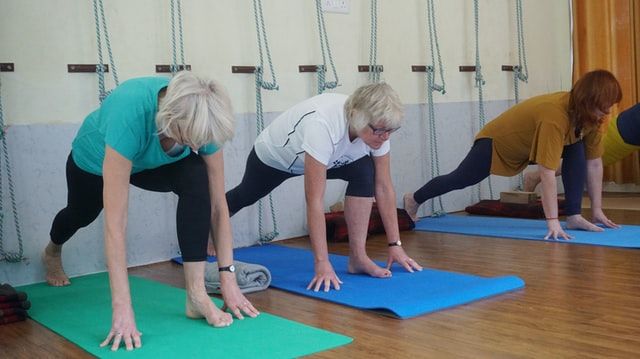

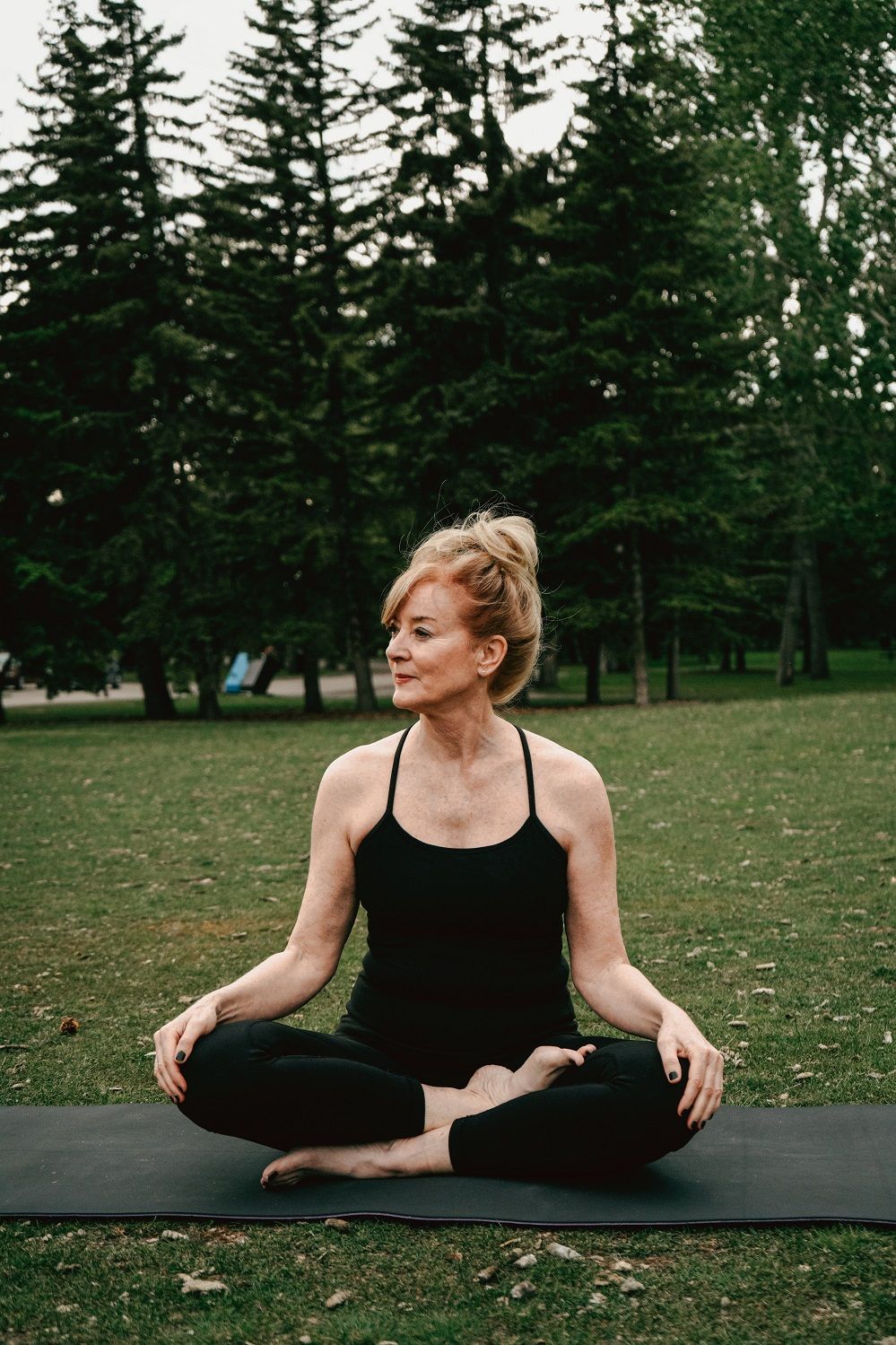
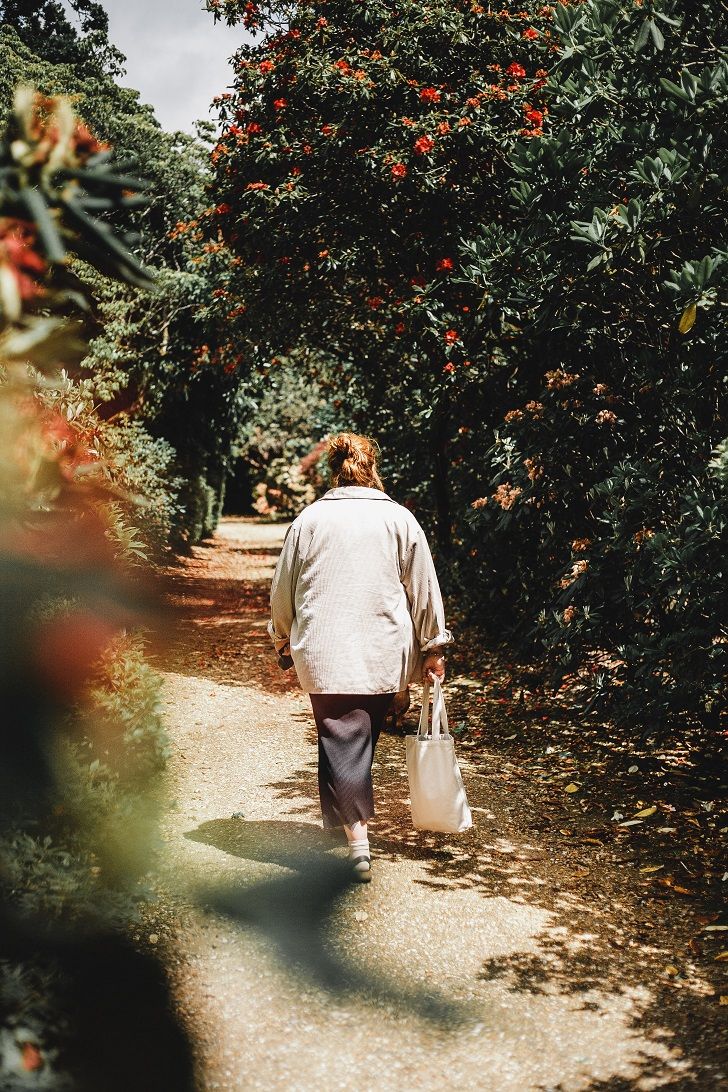

Regular Exercise Helps With
- Improving your independence
- Reducing pain from arthritis
- Improving your sleep
- Reducing the risks of falling and fractures
- Improving your mood
- Improving your memory
We provide a programme of weekly exercise sessions which encourage an increase in activity uniquely tailored to the needs of different client groups. Safety is really important, and exercises are designed specifically for older adults with health issues and limited mobility. Exercises are simple and easy to follow for people living with dementia.
If you would like to be involved in our exercise sessions or would like more information, please contact us

Focus Groups
We passionately believe that it is vital to ensure that people with lived experience of dementia, particularly those from minority groups, are involved in, and influence everything we do
One of the ways people with lived experience can be involved is through our Focus Groups where they can share their experience and knowledge to identify good practice in the provision of services to people living with dementia. Through the Focus Groups we gather information about the current status quo and how best to engage and provide appropriate support and information. Participants help us to identify priorities, needs, concerns and barriers to accessing care from the perspective of those living with dementia and/or their carers. Many of the members of our Focus Groups are Dementia Buddies and are therefore able to express a wide range of views
This approach goes a long way to overcoming the current divide between service provision and the failure to meet the specific needs of people living with dementia from minority groups, by recognising that as members of the target community, they are best placed to interpret and feedback on the their specific, identified needs
If you would like to be involved in a Focus Group or would like more information, please contact us